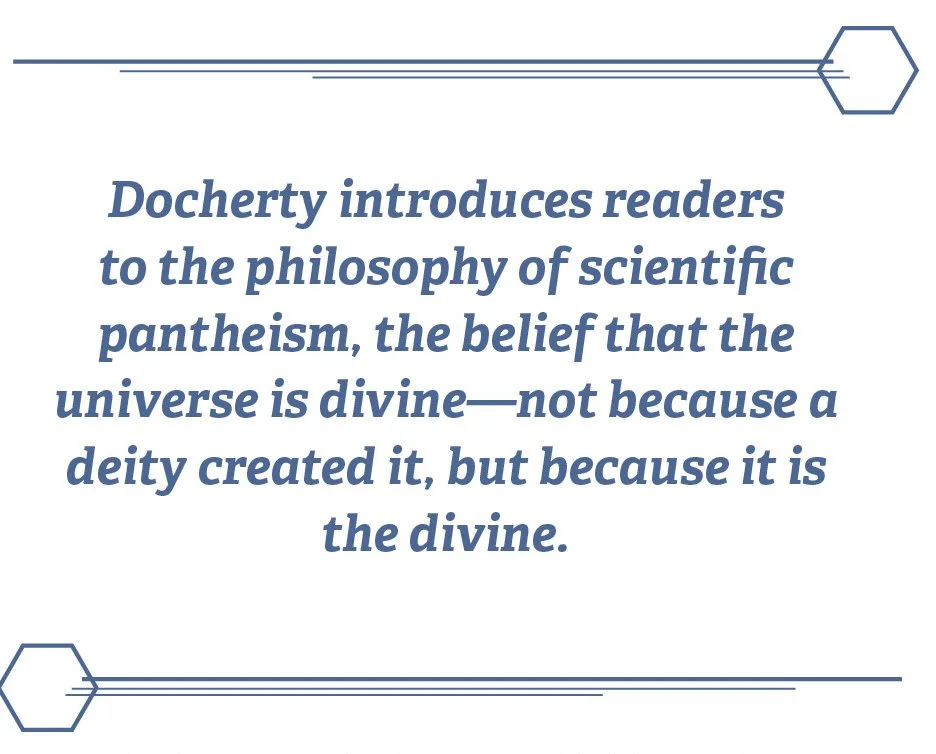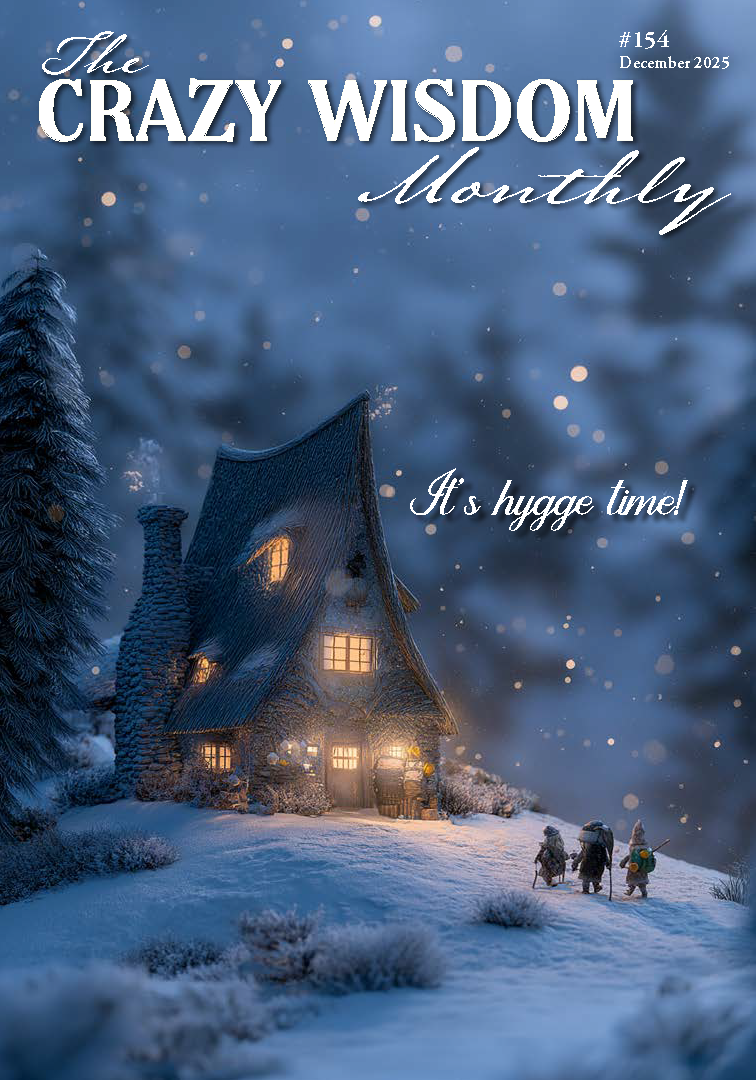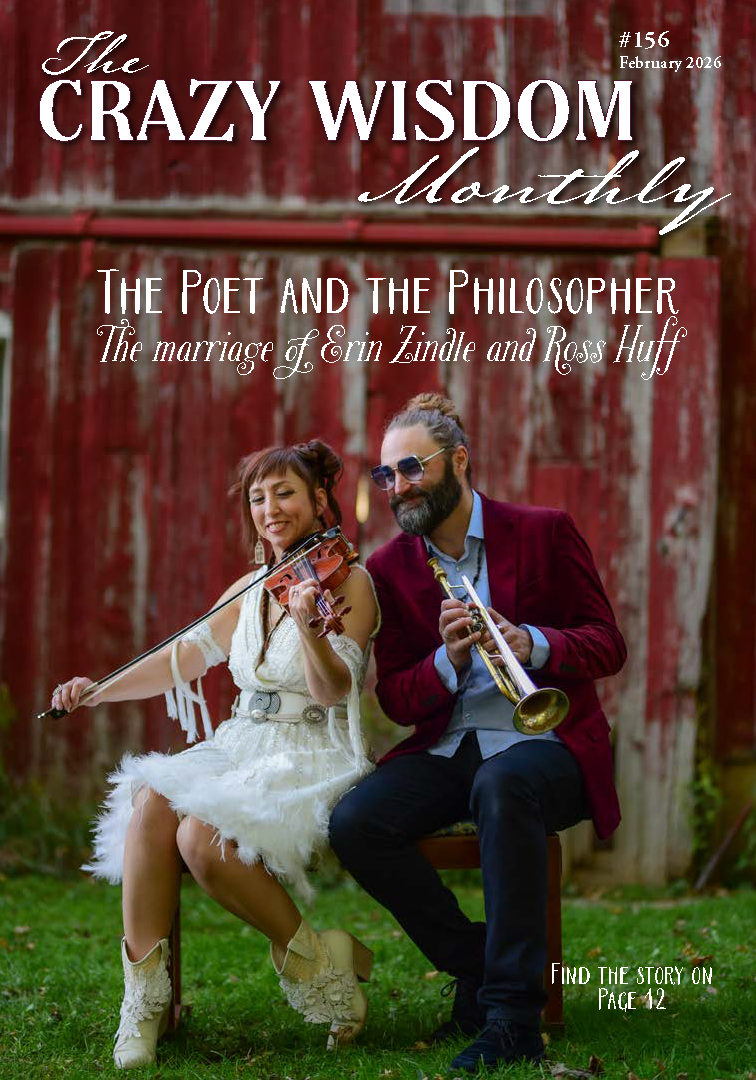By Christine MacIntyre
In Nature’s Symphony, Martin Docherty presents a refreshing and deeply thoughtful perspective on our relationship with the natural world—one that blends science, philosophy, and spirituality in a way that feels both intellectually satisfying and emotionally grounding. This book is neither your typical science read nor a standard spiritual guide. It’s something more layered: a meditation on the sacredness of the universe, grounded not in supernatural beliefs, but in the elegant truths of science itself.
Docherty introduces readers to the philosophy of scientific pantheism, the belief that the universe is divine—not because a deity created it, but because it is the divine. In other words, matter, energy, and space-time aren’t just physical facts; they’re also spiritual realities. This isn’t a new idea, and Docherty acknowledges the roots of his thinking in figures like Spinoza, Einstein, and Carl Sagan. What makes the book compelling is how he takes these significant, sometimes abstract concepts, and makes them feel personal, relevant, and beautifully real.
One of the book’s strongest qualities is Docherty’s writing style. His tone is both precise and poetic, balancing the clarity of a scientist with the wonder of a mystic. He has a gift for examining small, often-overlooked details of the natural world—a hummingbird frozen mid-flight, the structure of a leaf, or the ancient rhythm of ocean tides—and then pulling back to show how these are all part of a much larger, interconnected system. These beautiful descriptions serve as metaphors for a greater truth: that everything is connected, and that connection is, in itself, sacred.
Docherty doesn’t push belief or demand agreement. Instead, he invites curiosity. There’s no agenda here—just an open-handed offering of a worldview that allows science and spirituality to coexist without contradiction. For readers who have felt spiritual longings but never felt at home in organized religion, this book provides a safe and intellectually honest space to explore. It respects reason, but it also honors mystery. In that way, it feels particularly timely.
Nature’s Symphony is ideal for readers who find themselves somewhere between science and spirit—individuals who seek a connection to something greater while also valuing critical thinking and evidence-based understanding. Docherty suggests various perspectives, some contradictory and controversial, encouraging readers to consider all viewpoints. For instance, how religious pluralism can help inform scientific pantheism and vice versa. We see another example of this in his discussion on the origin of the universe. “The big bang theory is not the only theory,” he wrote, adding that “there are some alternatives that challenge or change some aspects….”
In this way, he presents other viewpoints while also explaining their significance, potential misconceptions, and their relation to scientific pantheism. He urges readers, “By staying open to new ideas and being willing to revise our beliefs considering additional evidence, we can develop a more nuanced and accurate understanding of the world.”
What’s also notable is how well this book resonates with readers interested in holistic living, sustainability, and mindfulness—not just as trendy lifestyle choices but as profound and intentional ways of existing in harmony with the world. Docherty argues that if the universe is sacred, then so is our responsibility to care for it. That message resonates on both a personal and ecological level. Taking a walk in the woods or reducing your carbon footprint are good practices, but they’re also meaningful, almost spiritual acts in a worldview where everything is part of one grand symphony.
Intertwined in lyrical prose and gentle musings, some chapters delve into complex topics such as thermodynamics, entropy, evolution, and metaphysics. Docherty handles these areas well, with clear explanations and thoughtful commentary, but they do require some focus and willingness to sit with complex ideas. That said, even in these more academic sections, his tone remains welcoming and grounded. You don’t have to be a physicist or philosopher to follow along—but you do have to be willing to think deeply.
There’s a quiet sanguinity throughout, a belief in the beauty and coherence of the universe. Docherty expertly balances scientific accuracy with a touch of novelty, making the read both informative and captivating. It’s a difficult feat for authors, and it’s what makes Nature’s Symphony stand out.
This book will capture the interest of scientists and spiritual seekers alike, highlighting how scientific pantheism sparks wonder for the cosmos and respect for life on Earth. Nature’s Symphony isn’t a quick read, but it brings depth to the mundane. As Docherty says, “[Scientific pantheism] promotes a sense of wonder for the cosmos and a deep respect for life on Earth. By embracing this worldview, we can find meaning and purpose in our connection to the universe and the natural world.”








































































































































































































In Nature’s Symphony, Martin Docherty presents a refreshing and deeply thoughtful perspective on our relationship with the natural world—one that blends science, philosophy, and spirituality in a way that feels both intellectually satisfying and emotionally grounding. This book is neither your typical science read nor a standard spiritual guide. It’s something more layered: a meditation on the sacredness of the universe, grounded not in supernatural beliefs, but in the elegant truths of science itself.